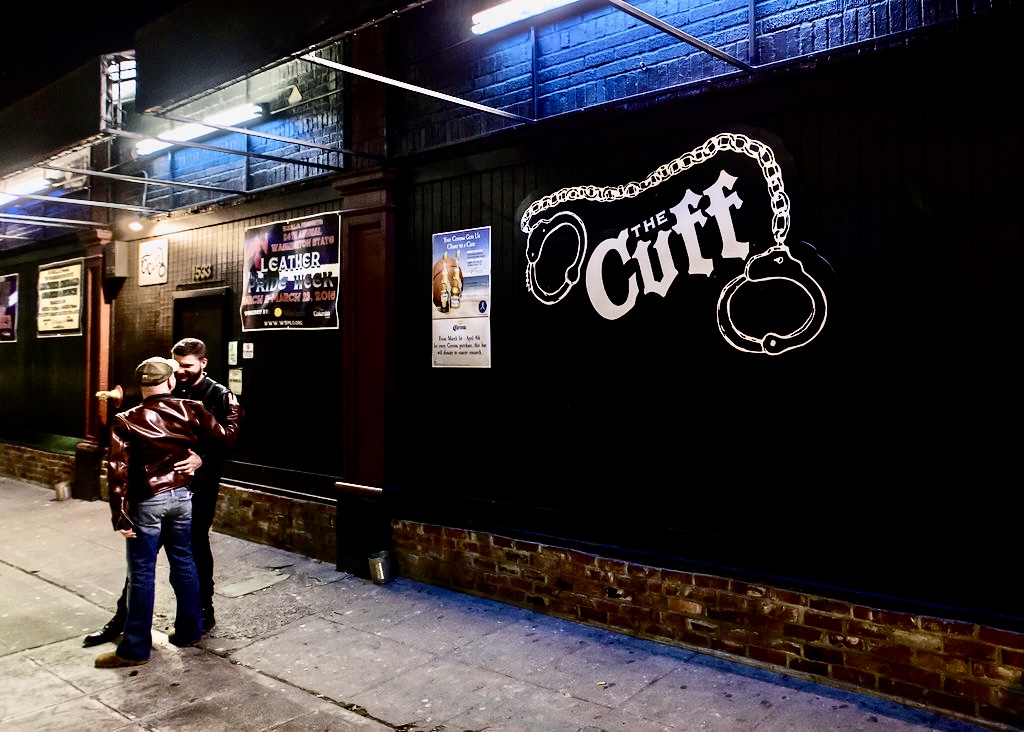
By Valeria Gutierrez
On March 24, 2024, Governor Jay Inslee signed Senate Bill 6105, colloquially called “The Strippers’ Bill of Rights,” which aims to create safer working conditions in adult entertainment establishments. The law mandates employee training to prevent sexual harassment, identify and report human trafficking, de-escalate conflict and provide first aid. It also requires security workers to use keypad codes to enter dressing rooms and requires panic buttons in private rooms. Additionally, it repealed the state’s lewd conduct rules, removing law enforcement’s authority to impose citations and fines or raid establishments with adult performers.
Dr. Alisa Kessel, professor of politics and government, commented that implementation of the bill itself may take a while. “On some measures, such as repeal of the lewd conduct laws, the targeted communities probably felt some positive impact right away. With some of the other measures, such as sexual harassment training for security personnel, it will probably take some time for people to get trained, develop sensitivity about how to foster a safe working environment, and be able to apply that training in their workplaces.”
Discussing the bill’s significance, Chad Swaney, a professional adult entertainer and industry advocate, explains that his support for the bill started in January of last year, when the Joint Enforcement Team (JET) conducted a series of raids on Seattle establishments that many considered unjust. The JET inspects nightclubs, bars, restaurants and other businesses, including adult entertainment establishments, for compliance with regulatory and licensing codes. It’s made up of members from various state and municipal departments: Seattle Police Department, Seattle Fire Department, Finance & Administrative Services, Seattle Department of Transportation, and Washington State Liquor & Cannabis Board.
On Saturday, Jan. 20, 2024 the JET raided two popular queer bars in Capitol Hill, The Seattle Eagle and The Cuff. They threatened citations for a bartender wearing a tank top that had an exposed nipple and photographed patrons wearing jockstraps for a party.
To Vivian McCall, a staff writer for “The Stranger” who covers queer culture and politics in Seattle, it was clear that JET had used its authority to threaten a community that has been historically targeted for self-expression. She told NPR how, after these raids, the queer community was outraged that threats had been made and photos had been taken without consent. Many saw this as purposeful targeting of the LGBTQ community, which fueled advocates to call for the termination of the lewd conduct laws.
Swaney saw this as an opportunity to use his political privilege to work with other advocates, who are from minority communities, to ensure protection for all strippers. “If we work in coalition, we might be able to leverage some of the privilege that we as white cis men have available to magnify voices and achieve both of those goals together,” he says. Swaney viewed this conflict as an opportunity to build a bigger, more inclusive coalition to advocate for those rights.
Swaney and others see this bill’s passage as a major victory for their community. Before the bill was passed, performers worried that they would be fined for an accident if their costume slipped. Performers also experienced harassment in the past when establishments didn’t prioritize harassment training for security. Additionally, Swaney highlights that the passage of this bill proves that their voices are being heard, and it sends a message to state lawmakers and law enforcement. “They need to make sure they are being fair and equitable in their enforcement of the law and rules, because we demonstrated that we’re not scared to speak up against it,” Swaney says.
Additionally, he hopes it’s understood that the advocacy was “grassroots from the performers”; it wasn’t led by owners of the clubs paying lobbyists hundreds of dollars to make a new performance deal. Swaney encourages all advocates to inform their efforts with an understanding of historical precursors. “Why was it that all of these 40 and 50-year-old gay men were so upset about some photographs? It’s because we recognize these patterns that go back 60 years of authority of invading our spaces and threatening us, and intentionally making us feel uncomfortable in spaces that are supposed to be safe for us.”
Swaney hopes students similarly seek to recognize and oppose patterns and systems of oppression. Kessel also commented on the importance of understanding history, even if it doesn’t affect us directly. “It is a mistake to assume that this bill does not affect people (including students) who are not involved directly with this industry,” she says. “The basic issues here — discrimination, sexual harassment, sexual violence and exploitation — are not limited to this industry. This bill takes measures to address both state and non-state actors because both have contributed to perpetuating vulnerability.”
